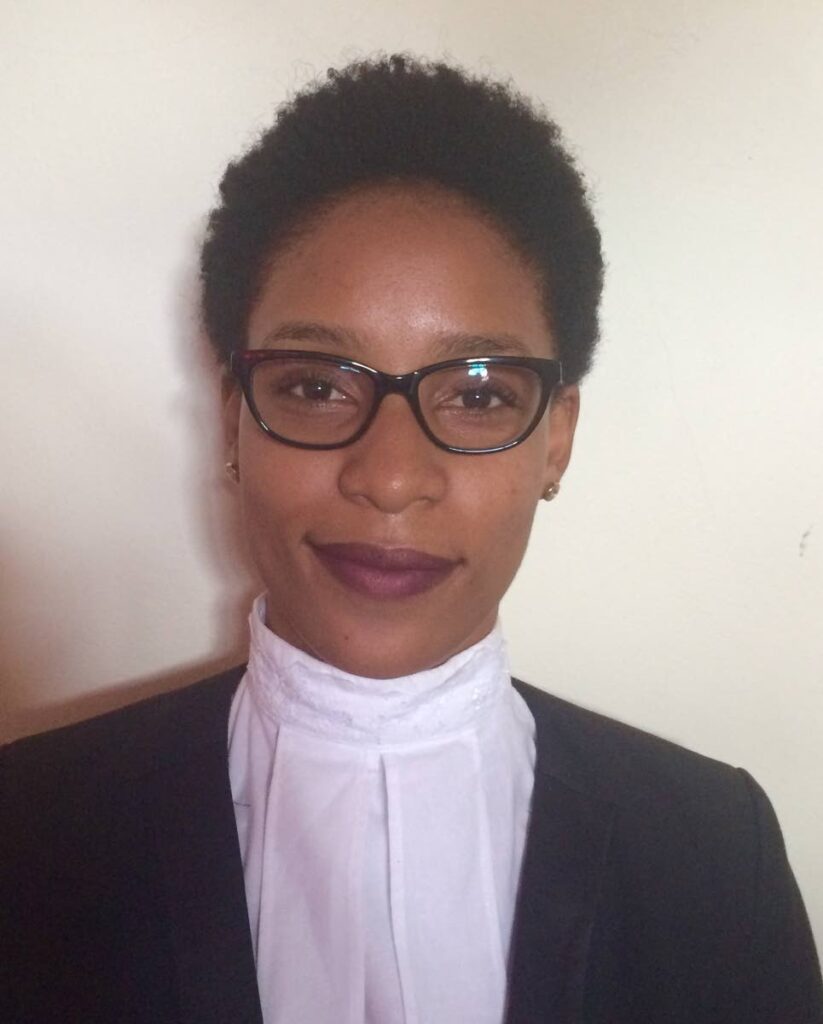Excuse, how old are you?

Kanisa George
A pretty straightforward question, right? This question is asked in social settings, job interviews, and almost every online profile.
Our date of birth is a badge of honour signifying our entry into the land of the living.
But beyond that, it prescribes from now until our last breath, how old we are.
When we’re kids, our age acts like a barrier, keeping us from all the things we desperately think we deserve. And the older we get, the older we desire to be.
And then one day, as if waking from a daze, we unsuccessfully demand the author of time to stop, freezing us in a moment where ageing is a thing of the past. We all of a sudden become desperate to make time stop, enabling us tobe forever young.
After a particular age, very few of us feel excited by the prospect of getting old. Oddly enough, only some of us can quickly answer when asked our age.
Is age just a number? Or do we obsessively buy into this social construct that categorises us based on descriptors that determine our desirability?
“While ageing itself is a biological process, what it means to be 'young' or 'old' is socially constructed. This means that there is no inherent cultural meaning to the biological process of ageing. Rather, cultures imbue youth and age with meanings.”
The narrative around age allows societies to create social norms and symbols embodying the ageing process. This often leads to highly negative or positive expectations and feelings surrounding age and how we view ourselves and others.
Variables such as life expectancy influence people’s perspective of who should be considered old or young, the notion of elderly and how these specific designations are used. In Western societies, for example, people go to extreme lengths to appear more youthful than their biological age and even find it challenging, to be honest about their actual age.
Sociologist Erving Goffman, in his book Presentation of Self in Everyday Life, wrote that sometimes when individuals come into contact with others, they take drastic action to control the appearance of their age so that others can perceive them to be younger. In many ways, this can be attributed to the fact that youth in most modern societies carries a much higher social value than the term elderly.
Most normative values we learn surrounding ageing over time develop into strong and often opposing views akin to ageism. A systematic form of oppression against people of a specific age group, ageism plays a considerable role in how we view ourselves and others.
Ageism tends to affect older adults most severely but can also affect young people. It is a concept seeped in prejudice which pushes the narrative that all older adults are unintelligent or unco-operative or that young adults are not worth taking seriously.
Not just on an institutional level but without even realising it, in our everyday social interactions, we maintain biased and sometimes prejudicial views of people based on their age.
When we think of an “elderly” or old person, we quickly equate them with being out of touch, backward, disoriented, miserable and needing assistance.
While this might be an accurate description of some older people, a large number of young people could fit quite comfortably into these categories.
Similarly, not every young person can be defined as immature or reckless.
Simply put, we quickly accept stereotypes and myths around age as a matter of course instead of appropriately challenging whether they are accurate.
A 2000 study by Levy et al showed that individuals who encounter stereotypes associated with gender and race were more likely to think critically about them while willingly accepting age stereotypes without question.
Food for thought? Maybe in some ways, this approach might explain why we’re so hung up on getting old.
Because most of us are subconsciously drawn to discriminatory and sometimes oppressive views on age, it’s easy for us to internalise ageist beliefs and applies them to ourselves.
The older you get, it’s possible that ageism might have a more significant impact on your thoughts, feelings, and life experiences. Or your views might shift as you get older.
If there is anything to take away from the concept of ageing, it is that while it’s a biological process, the overall angst we feel about the experience might simply be all in our heads or, instead, what society says we should think about it.
Maybe we’re conflating constructed social factors, such as assumptions and fears about growing older, with what our reality can be regardless of our age or perceived societal expectations.


Comments
"Excuse, how old are you?"